We will never know whether Calin Georgescu was an ultra-Romanian nationalist in rhetoric only, or would have also been one in deeds as president of the Republic. The Romanian Constitutional Court has decided to annul the results of the first round of the presidential elections in Romania on the basis of operational, that is non-legalized, intelligence information. Consequently, the second round was not even held, and a completely new electoral procedure was ordered, including the selection of candidates, and a renewed campaign period lasting until the next election date, potentially in March 2025 at the earliest.
What preceded this was that Calin Georgescu won the first round by receiving the most votes, despite not being supported by any political party, as opposed to Elena Lasconi, who was still in the running and backed by a coalition of several parties. After the stunned silence, help arrived, as Washington seemed to have known that the Romanian constitution allows for such cases.
In what cases? Well, when the result of a democratic vote is not acceptable to those who would prefer to live with an American flag in their buttonholes, despite being Romanian politicians?
The formal charge is that, according to intelligence information, Moscow-directed foreign influence had interfered in Romanian democracy. The actual problem with Georgescu, apart from his nationalist views, is that his program included a vision of withdrawal from NATO and Romania's complete non-participation, even indirectly, in the military conflict in Ukraine. Obviously, these remarks irritated US politicians. Which is, of course, not interference in Romanian internal affairs, is it? In hindsight, we'll never know what made him so popular in the eyes of the the electorate- what if it wasn't his nationalism but rather his foreign policy concept that was more compelling.
In addition to serving America, the reference to the secret service is especially infuriating. Whenever the powers that be cannot prove their point with facts, they often cite intelligence information that does not actually exist. There are two fundamental reasons substantiating the non-existence of such intelligence information. The first is political: the secret service in any country must be politically neutral and cannot support party interests. It does, of course, have a role to play in helping to guarantee foreign interference-free elections, through its operational capabilities, regardless of the foreign power in question!

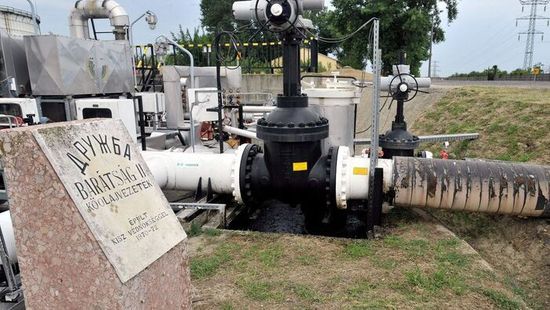

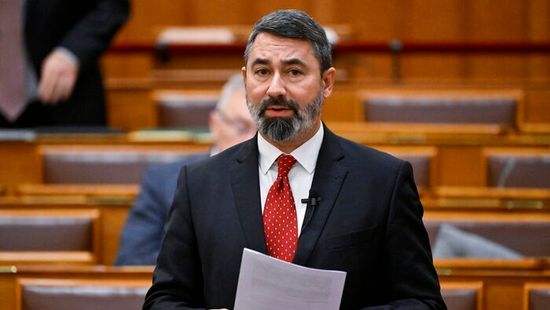
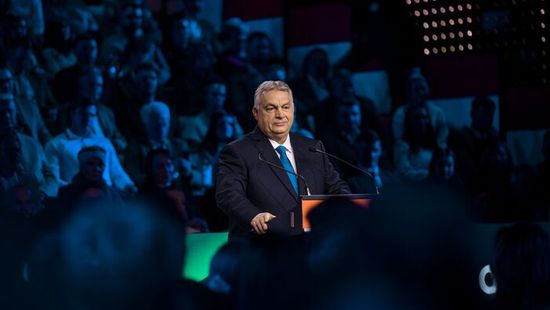

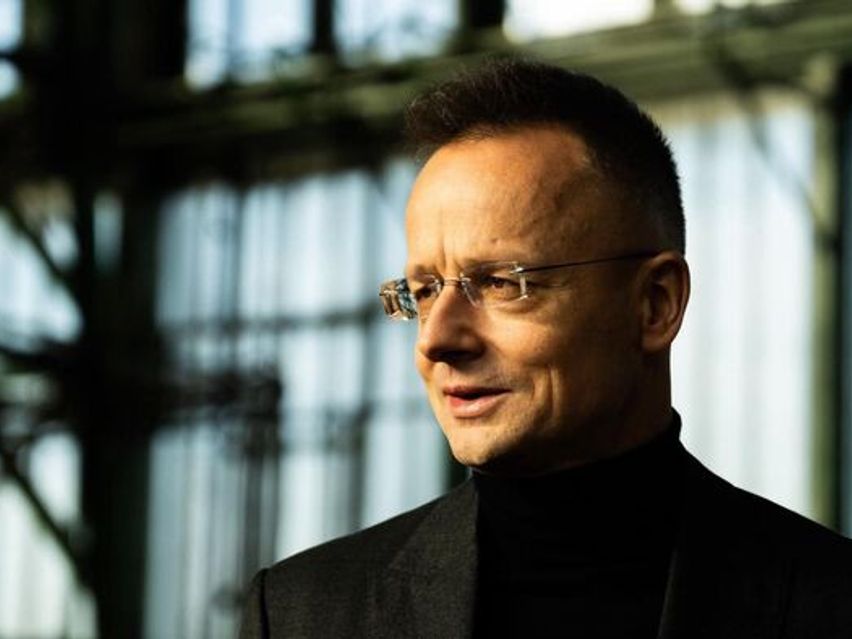
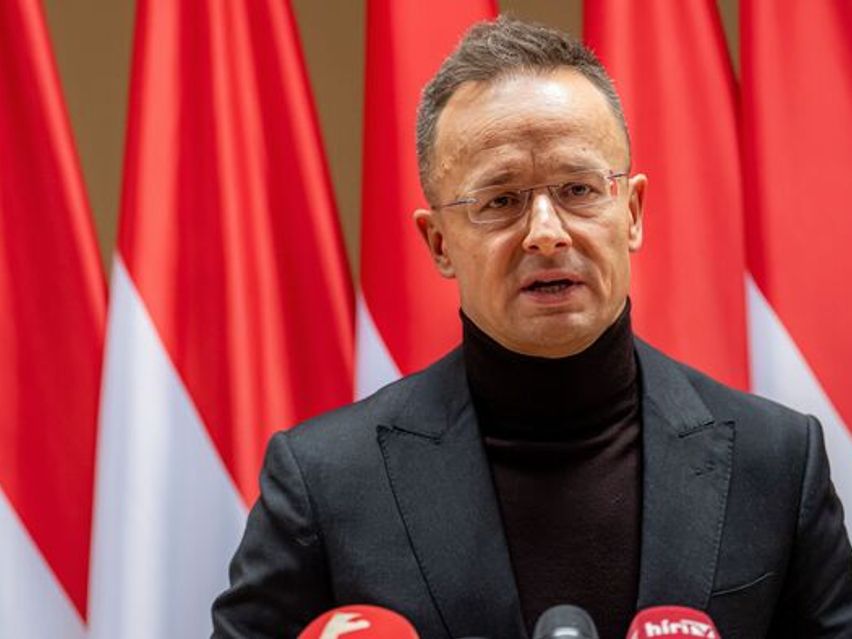
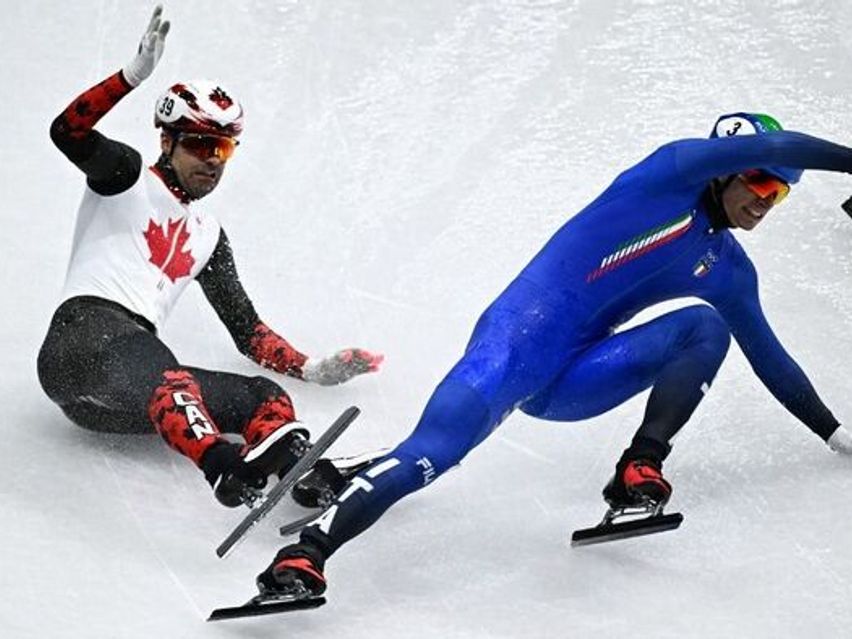


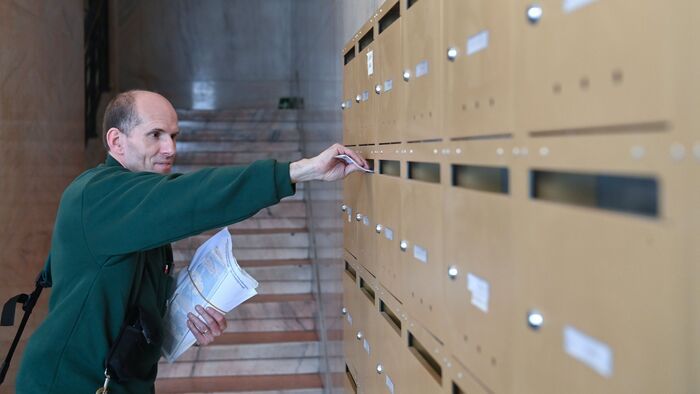

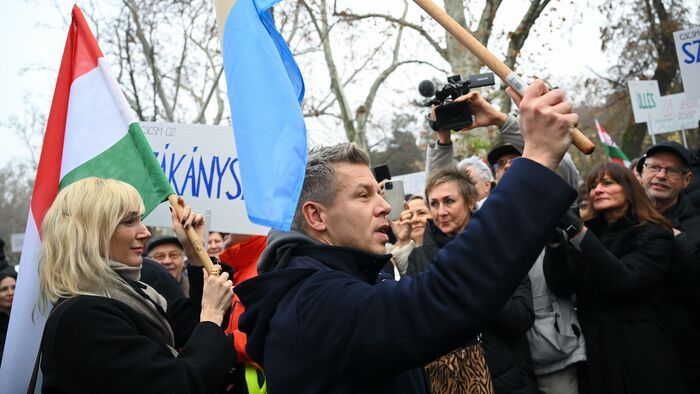
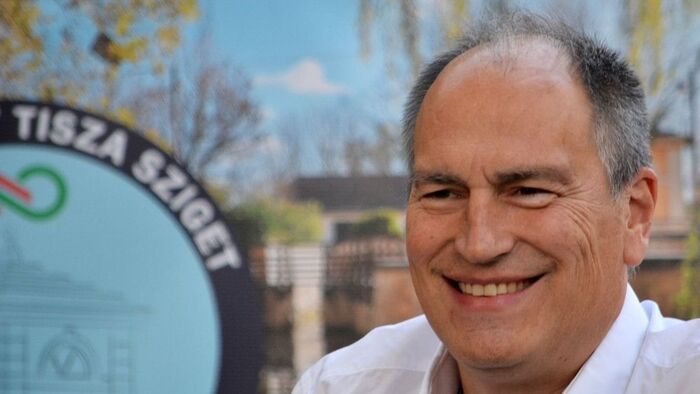
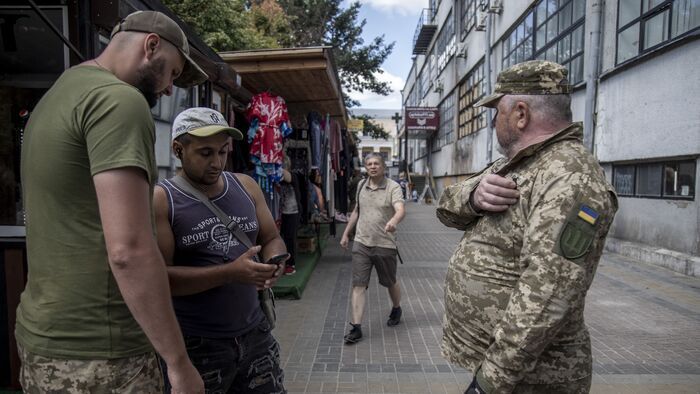
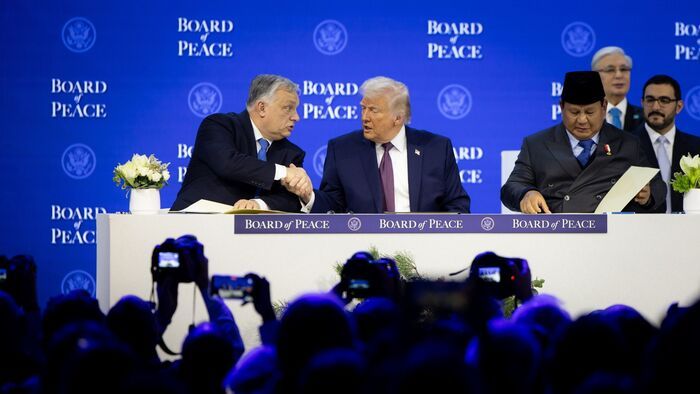
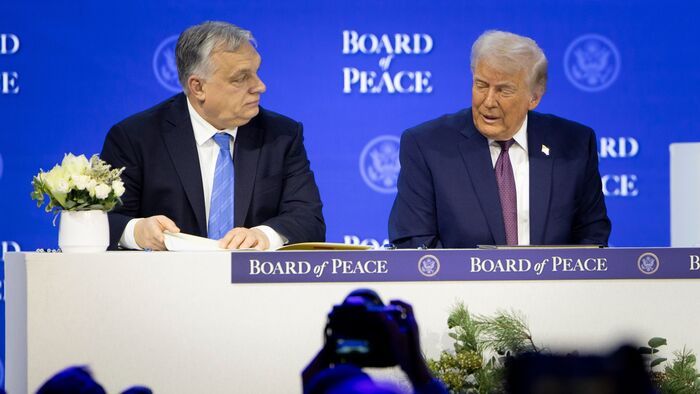
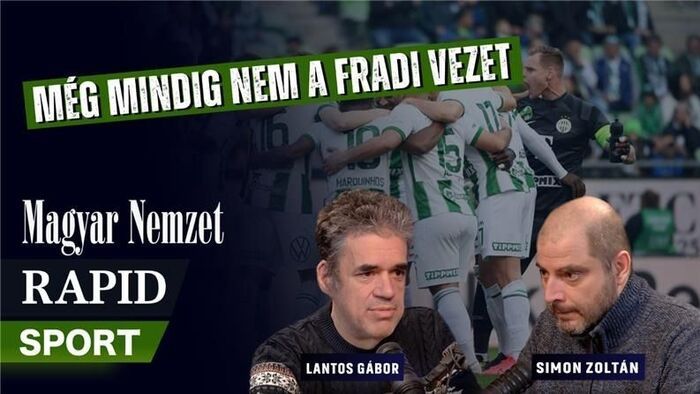
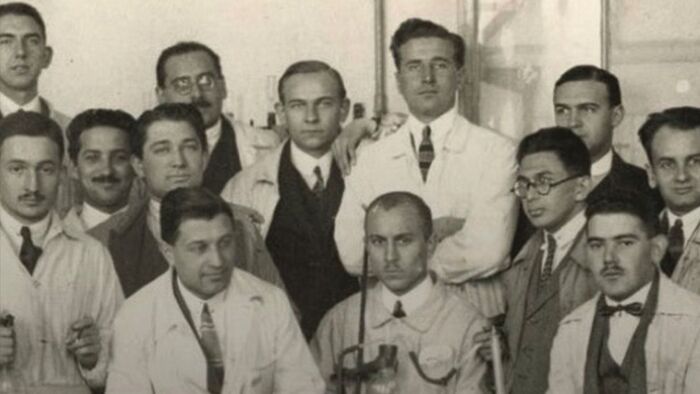
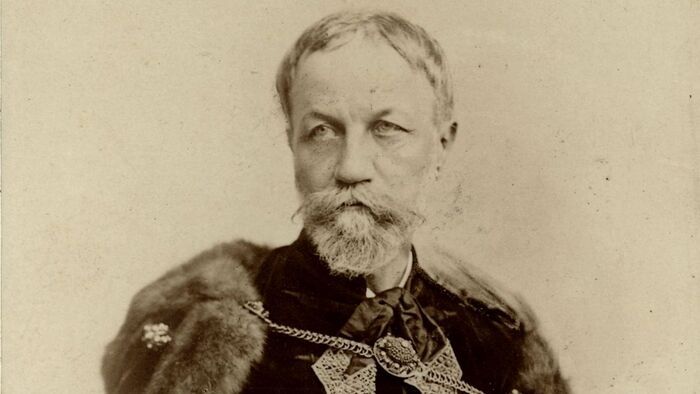

Szóljon hozzá!
Jelenleg csak a hozzászólások egy kis részét látja. Hozzászóláshoz és a további kommentek megtekintéséhez lépjen be, vagy regisztráljon!